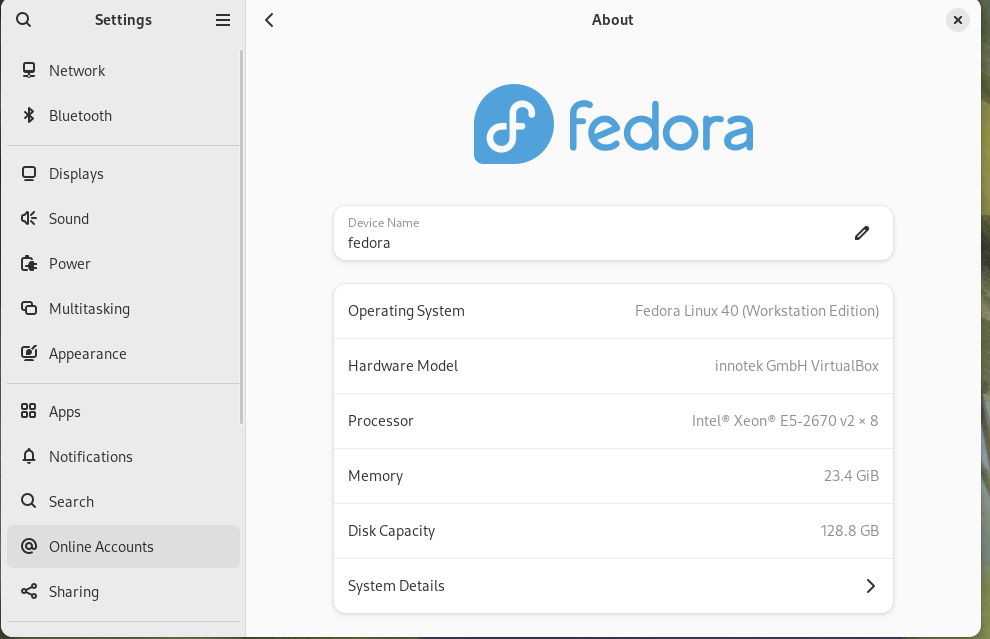It has been my personal experience that Fedora is one of the least tested Linux distros in the market. Sadly CopperSpice chose to support Fedora first. This is a distro that __never__ tests with NVIDIA drivers that are actually in their repo, prior to pushing out updates.
There is a bug that I reported here. My fork of CopperSpice has a hack-a-round this bug in the RPM build script. At some point in the very near future this personal fork will be turned into an official for with new name, etc. There are too many academic decisions being made in the course of development. The project needs to be coded to Misra C++ 2008 if not Misra C++ 2023 standards instead of “what the language standard will let you get away with.” That, however, is a topic for another time.
I stumble onto these things while working on RedDiamond which I’ve written about previously in this blog. A new release will be announced in this blog shortly.
What You Really Need to Build on Fedora
The “official” list of things you need is a bit shy of what you actually need. There is some academic hair splitting going on there. They only list what you need for the UI, not the database, compiler, etc. I’m putting this here more for myself than you. It’s everything you need to build ls-cs RPM and work on RedDiamond sans an editor.
sudo dnf install freetype-devel fontconfig-devel glib2-devel \
gstreamer1-devel gstreamer1-plugins-base-devel \
libICE-devel mesa-libGL-devel glibc-devel libtirpc-devel \
libnsl2-devel libSM-devel libXcursor-devel libXext-devel \
libXfixes-devel libXi-devel libXinerama-devel \
libXrandr-devel libXrender-devel \
libxkbcommon-devel libxkbcommon-x11-devel libX11-devel
sudo dnf install libxcb-devel libX11-xcb xcb-util-wm-devel xcb-util-image-devel \
xcb-util-keysyms-devel xcb-util-renderutil-devel \
libxkbfile-devel mesa-libGL-devel mesa-libEGL-devel
sudo dnf install git cmake ninja-build cups-devel alsa-lib-devel \
gstream-devel gstreamer1-devel pulseaudio-libs-devel \
libxml2-devel libxml++-devel gstreamer1-plugins-base-devel \
pulseaudio-libs-glib2
sudo dnf install kernel-devel kernel-headers gcc make g++ openssl-devel \
libpqxx-devel unixODBC-devel mariadb-devel \
postgresql-server postgresql postgresql-contrib \
libpq-devel libpqxx
# for building RPM
sudo dnf install rpm-build rpm-devel rpmlint python \
bash coreutils diffutils patch rpmdevtools
sudo dnf install hunspell-devel astyle
When ls-cs is officially forked to become LogikalSpice this will be in the wiki.
